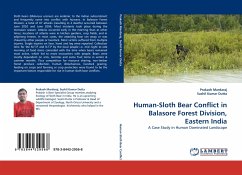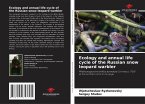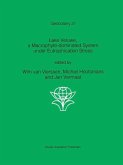Leopard (Panthera pardus) management in India is facing many challenges. Leopards have highly diversified diets and are extremely adaptable to various ecological conditions. This versatility allows them to thrive in a broad range of habitats, often bordering human settlements. In recent years the presence of leopards has been increasing in a wide range of rural and even built-up environments, far removed from natural habitats and protected areas. Although leopards have shown a remarkable ability to live relatively peacefully close to people, conflicts can and do occur, with leopards killing livestock and in extreme cases people. Due to fear and anger, many affected persons retaliate by injuring and killing leopards. Because Indian law prohibits the killing of schedule 1 species, responses have been confined to removing the animal to captivity or translocating it to a new area. A thorough review of strategy is therefore addressed in the present work to address every possible human-leopard conflict situation and develop appropriate protocols for response.








